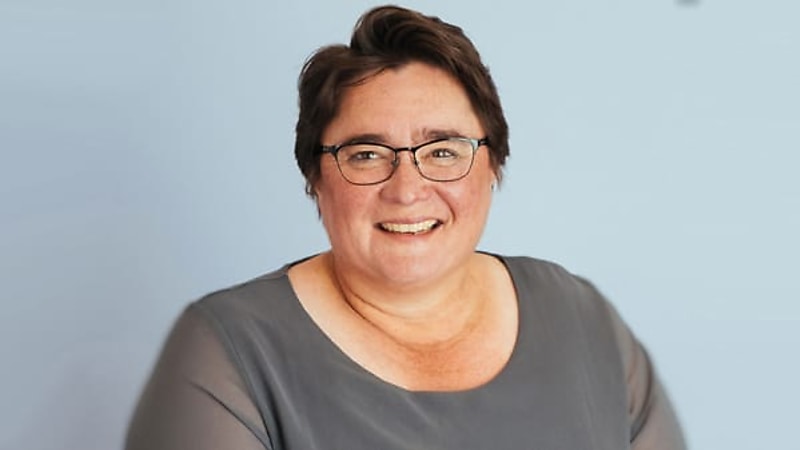Don’t short-change your pension payment, warns professional
Not paying the right amount of pension can have disastrous consequences for SMSFs, says a leading educator.
Meg Heffron, director of Heffron, said all superannuation pensions have rules about how they operate and one of the most important is how much is paid out to the recipient each year in the form of pension payments.
“For the most common pensions – account-based pensions – the rule to watch for pension payments is paying at least a minimum amount each financial year,” she said.
This can change each year as it is based on the member’s account balance at the start of the year and their age at the time. In 2023/24 the minimum pension payment is based on the pension balance at 1 July 2023 and the member’s age on that date.
“A member who was 71 on 1 July 2023 with $1 million in their pension account at the time is required to take pension payments of at least $50,000 during 2023/24,” Ms Heffron said.
“That is five per cent of their pension balance. The percentage goes up with age, for example, it’s six per cent for people aged 75-79.”
However, if the fund didn’t pay the right amount in 2022–23 it means the pension has failed and it’s deemed to have stopped on 1 July 2022, which has several impacts.
One of the most important impacts is that funds providing “retirement phase” pensions, such as those for people who have retired or met another condition that gives them full access to their super, won’t get a tax exemption on some or all of their investment income such as rent, dividends, interest and capital gains.
Ms Heffron said if an SMSF was expecting to pay no tax on 70 per cent of its investment income because the pension account represented 70 per cent of the fund, failing to meet the minimum payment rules would mean the fund is back to paying income tax on all its investment income.
“That could be particularly disastrous if the fund had a lot of taxable income that year, for example, if it sold an asset at a significant profit,” she said.
A second consequence of not paying the minimum pension requirement relates to taxes potentially paid by someone who inherits this account in the future.
Ms Heffron said all super is divided into two parts – a “tax-free component” and a “taxable component” – and if the member is over 60, these are largely academic.
However, they are critical if the pension account is inherited by someone who is not classified as a “dependant” of the pensioner for tax purposes such as a financially independent adult child who inherits their parent’s super, who would then pay tax on the “taxable component”.
“Failing the pension payment rules triggers particular changes to the calculation of the tax-free component and in most cases, the outcome is detrimental if the pension account has increased in value during the year,” she said.
Not paying the required minimum also represents a breach of the rules that will have to be noted by the fund’s auditor and although it’s unlikely this would create any further consequences, it’s something a trustee would want to avoid as regular breaches give the appearance the trustee isn’t taking their responsibilities seriously.
Ms Heffron said there are some circumstances under which the ATO will use its discretion to overlook a pension shortfall especially if it was an honest mistake by the trustee or something beyond their control.
But there are some conditions attached to this, namely that the shortfall has to be “small” and no more than 1/12th of the proper minimum amount. The trustee must also have met all the other rules for the pension, and a “catch-up” payment must be made to cover the shortfall as soon as practicable after discovering it.
“The trustee can use this discretion automatically without formally going to the ATO to ask for it only once which means if the fund has any pension that’s failed in the past, the trustee will have to go to the ATO the next time it happens,” Ms Heffron said.
“And if a fund is paying multiple pensions and several of them fail at the same time, the trustee can only use this discretion automatically for one pension.”
She added that to meet the minimum pension rules, the required amount must be paid in cash before the end of the financial year as an online transfer on 30 June won’t be lodged in the member’s account until 2 July.
“While it’s common to assume that the special discretion to overlook a shortfall will solve every problem, it definitely won’t as its application is quite narrow,” she said.
“SMSF members and trustees are far better to make sure the correct amount is paid in the first place.”


